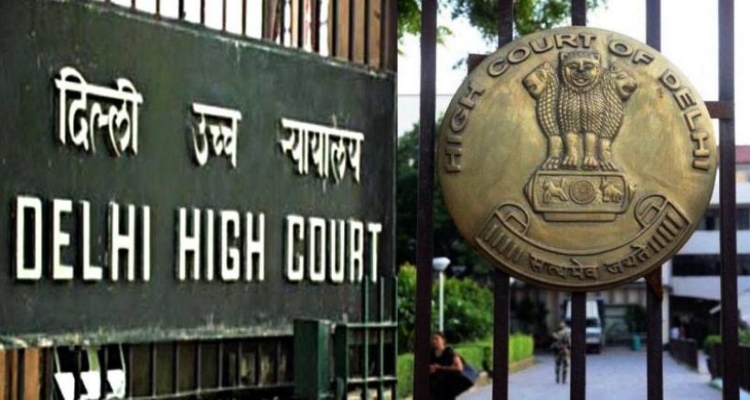
The Delhi High Court has ruled that the mere existence of pending criminal cases does not automatically disqualify an individual from seeking long-term opportunities abroad.
The court directed passport authorities to issue a police clearance certificate (PCC) within two weeks to a man with ongoing criminal cases who needs the document for Canadian authorities to establish a business there.
In its order, the court emphasized the need to balance the petitioner’s rights with the authorities’ responsibilities as a sovereign entity. Justice Sanjeev Narula instructed that the PCC should explicitly mention the pending criminal cases against the man while also noting that he has complied with the Regional Provident Fund Commissioner’s (RPFC) order by making the required deposit.
“This would provide complete transparency to the Canadian authorities for their assessment of his visa application. The PCC shall be issued within two weeks,” the judge stated in the order issued on October 1.
The court highlighted that the sole reason for denying the PCC was the existence of pending FIRs against the petitioner, as noted in a report from the Delhi Police.
However, it asserted that pending criminal cases should not automatically restrict an individual’s right to seek long-term opportunities abroad.
While acknowledging the Ministry of External Affairs’ obligation to provide accurate information to foreign authorities, the court stated that this responsibility does not extend to unjustly limiting the petitioner’s right to apply for a long-term visa.
Senior panel counsel Farman Ali represented both the Ministry of External Affairs and Delhi Police in the proceedings.
The petitioner, an Indian national with a valid passport, challenged the refusal of authorities to issue him a PCC required for applying under Canada’s Start-up Visa Programme.
According to Canadian visa regulations, applicants must submit a PCC from their country of residence to establish a business in Canada.
Tanna faced two FIRs registered with the Delhi Police in 2013, based on complaints from Employees’ Provident Fund Organisation (EPFO) officials. They alleged that he deducted provident fund contributions from employees at DMRC and NPL sites but failed to deposit the amounts as required by the Employees’ Provident Funds and Miscellaneous Provisions Act. The RPFC assessed ₹7.48 lakh as due, which Tanna paid in 2019.
The petitioner’s counsel argued that even if the PCC indicated pending FIRs, it would still allow him to fulfill visa application requirements, ensuring that his right to travel abroad would not be hindered.
The court noted that a PCC serves as an assurance from the State to a foreign country that the applicant is not involved in ongoing criminal proceedings.
The court pointed out that the regional passport office can only issue a PCC upon receiving a ‘clear’ police verification report. In this case, the petitioner has a valid passport and faces no travel restrictions, reinforcing that his right to work and freedom of movement should not be unjustly limited solely due to the pending FIRs.
This ruling highlights the fundamental right under Article 19(1)(g) for individuals to engage in lawful business or trade, both domestically and internationally. The court noted that while the State can impose reasonable restrictions on citizens’ fundamental rights, denying a PCC based solely on pending FIRs constitutes an unreasonable restriction.
“It would be unjust to impose a blanket restriction on his efforts to secure a visa solely based on the pendency of a case,” the court concluded, clarifying that issuing the PCC would not affect the ongoing criminal proceedings or provide any undue advantage to the petitioner.




